The Diversity of Metal
For a genre cloaked in leather and screaming, the music is surprisingly sophisticated.
By Yasser Ali Nasser, University of Oxford
Music is a pretty touchy subject.
Just like someone’s taste in books or movies, your taste in music is highly subjective; however, as is also the case with books or movies, if your tastes stray too far from the popular or the mainstream, you can find yourself coming away with a bit of a bad reputation. Some genres in music just carry a certain stigma with them, for a variety of reasons.
Metal is one of those genres. What comes to mind when you think of metal? Well, generally speaking, it’s a bunch of dudes with black nails screaming their lyrics out over an excessive amount of electric guitar in the background. The fans are regarded as a bit weird, with piercings and colorful hair, and might even be devil worshippers or something along those lines, at least according to your Aunt Mary. Man, what a bunch of losers, right?
What if I were to tell you that such stereotypes were, in fact, just stereotypes?
Of all the people I’ve generally hung out with, metal-heads can often be some of the most cerebral, kind-hearted people out there, regardless of all the spiked collars and leather jackets.
And the music we listen to can’t just be reduced to “a bunch of screaming”—metal, as a genre, is one of the most complex in terms of both lyrics and melodies, as well as one of the most diverse stylistically, ranging from bands playing medieval instruments and making up fantastically weird backgrounds for their bandmates, to groups that are much more along the lines of a stereotypical metal experience.
A musical genre’s “greatness,” as it were, should be defined by how much it brings certain communities together or how diverse and robust its subject matters can be. A lot of music can sound good or be fun to dance to, but great music is impactful beyond its initial popularity on the Top 100.
Metal may not often make its way into the mainstream, but its albums generally sell well and attract a pretty diverse array of consumers. Why? Because it hits a huge variety of notes, both figuratively and literally: There’s something here for anyone, from classical music lovers to anti-establishmentarians.
In order to promote metal as a genre and to try and counter some of the generalizations that I’ve come across, I’ve compiled a list of some of the bands that I listen to, giving an example of one of their famous songs to try and make the case that, well, metal as a genre is hardly capable of being reduced to a couple of buzz-words and typecasts.
1. Iron Maiden – “Wasted Years”
Iron Maiden is one of those bands that practically everyone has heard of but doesn’t really know anything about.
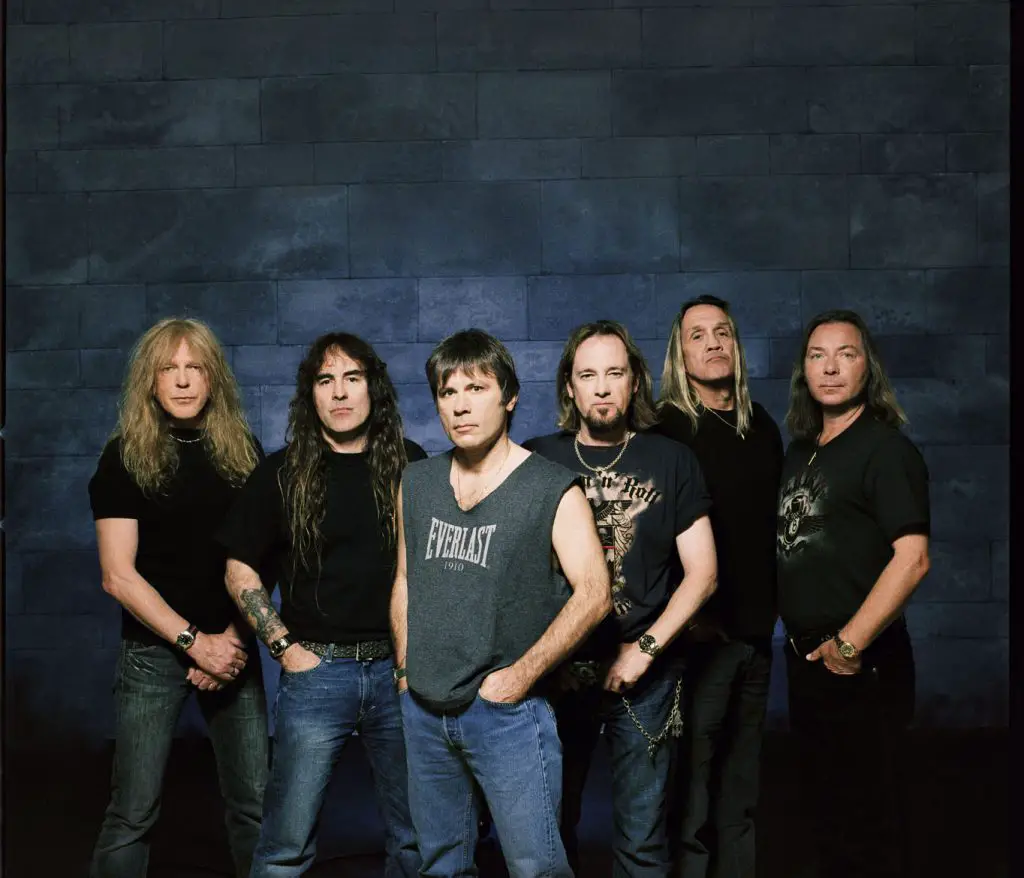
The band shares its name with a medieval torture device, so that doesn’t give the best first impression, but for the most part their albums and songs generally have a lot of lyrical depth.
From songs adapting Romantic poems to songs recapping the famous R101 airship’s crash, Iron Maiden has it all. My personal favorite is one of their more emotional numbers—“Wasted Years” reminds listeners to try and move on from the past and live in the moment instead of “searching for those wasted years.” It’s rad and pedagogical, which is not too shabby a mix if you ask me.
2. Metallica – “Master of Puppets”
Yeah, I know—pretty scary name for a band. They must just be full of that sort of screamer shit you’ve heard about…Well, no, not exactly.

While James Hetfield’s voice can sometimes be a bit grating, his singing style remains pretty clean, rarely delving into “scream” or “death-growl” styles. And it works pretty well—contrary to popular belief, Metallica’s songs cover a pretty wide variety of lyrics, including: mental health, the death penalty, love, religion, dreams, novels and films, war, etc.
One of my favorites is “Master of Puppets.” This song really shows you what the band is about: galloping rifts combined with pretty sensational lyrics. The song notably deals with the struggles the band had with drugs, and how horrible being addicted to such damaging substances can be. Again, not too bad a message for the kids, eh?
3. Fair to Midland – “Musical Chairs”
This little-known band disbanded a couple years back, and that’s a damn shame—both of their albums were very promising contributions to the genre, combining weird time signatures and off-beat lyrics with fantastical melodies.

Honestly, some of their songs are pretty hard to dissect, boasting very impressive lyrical complexity. One of my favorites is a bittersweet song about how difficult it is to actually, well, be successful:
“It makes you wonder
If shooting for stars is like darts in the dark
It makes you wonder
If the beaten path is the promised land”
Through “Musical Chairs,” Fair to Midland is perhaps reflecting here on its own lack of success, having been punished by making music that was distinctly unconventional. Regardless, the song offers up those brooding lyrics with awesomely energetic riffs, creating something pretty special.
4. Blind Guardian – “Bard’s Song (In the Forest)”
Blind Guardian is one of the biggest power-metal bands in the world. I can already hear you asking, and yes, power-metal is a real genre.
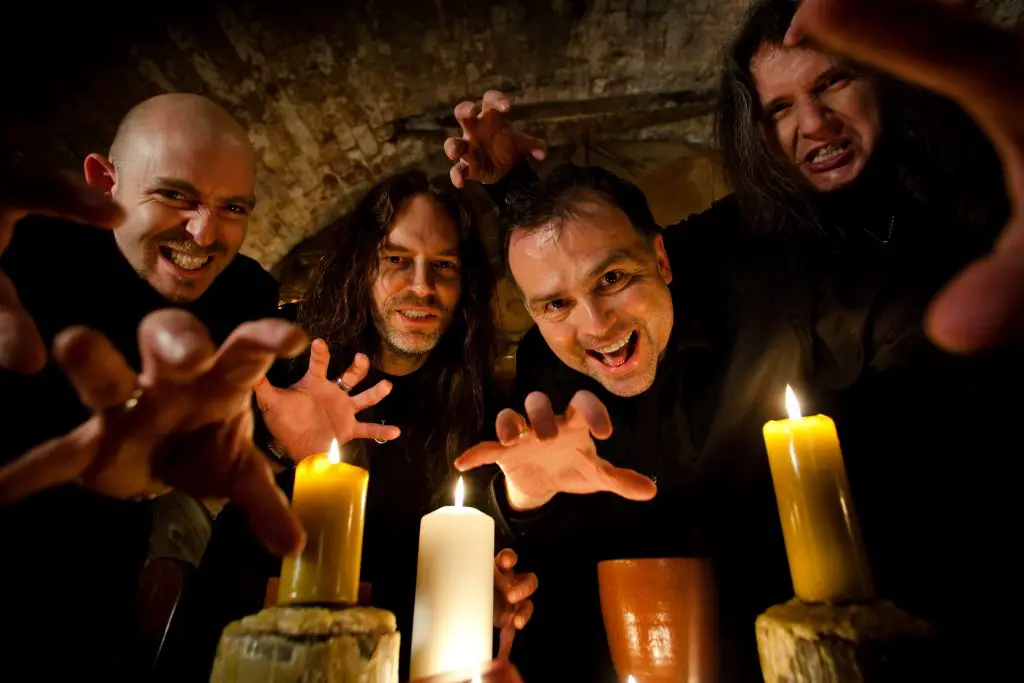
It’s most famous for being pretty nerdy more than anything, featuring lyrics about dragons and elves with excessively loud electric guitars and operatic vocals. Sounds pretty weird, right?
Well “Bard’s Song” takes a step back, relying mostly on acoustics and soft vocals to create something that sounds straight out of Shakespeare. And the subject matter? A group of travelling bards and their commitment to fantastical stories. Doesn’t exactly scream “metal,” but, it is.
5. Opeth – “Closure”
Opeth is way closer to the stereotypical metal band. They’re Scandinavian, feature a hardcore atheistic front-man, and have songs that feature the infamous death-growl.
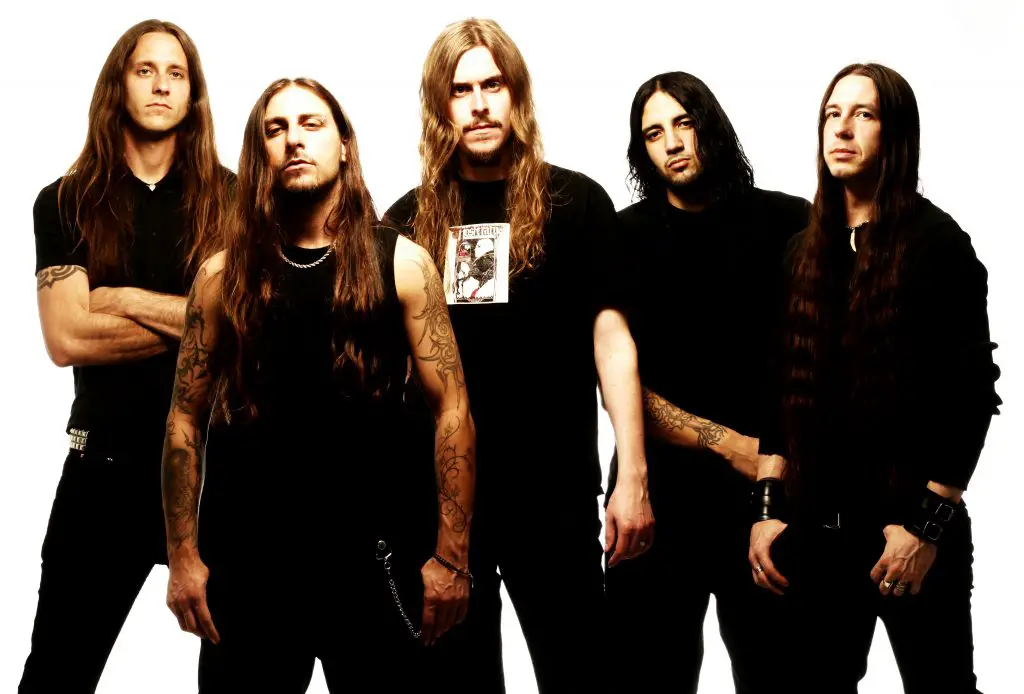
So why am I mentioning them here? It’s important to note that there are in fact some metal bands that do fit the stereotype. And, to be honest, Opeth’s music is not nearly as scary as you think—yeah, death-growls sound like something out of a B-grade horror flick, but they can really grow on you. And bands like Opeth don’t exclusively use that vocal style.
In fact, “Closure” omits death-growls entirely, but it still retains the typical Opeth-ness of all the band’s work, oozing a feeling of looming dread with a sick drum solo at the end to boot.
6. Judas Priest – “Beyond the Realms of Death”
Judas Priest invented metal as a genre.
I’m not even joking.
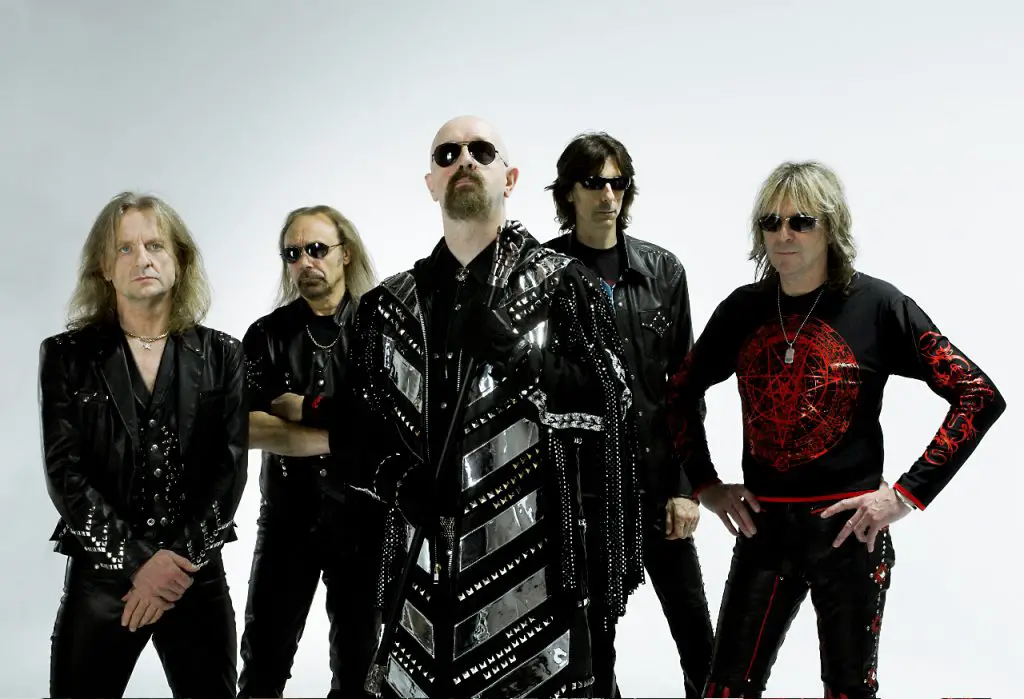
In fact, a lot of the stereotypes about metal have their roots in this band: From an excessive amount of leather and makeup, to one too many guitar solos, Judas Priest has championed it all. They’ve written songs about giant robots marching around destroying the world, a roaming cyborg vigilante and a disturbingly prescient song about governmental surveillance systems. That sort of material is absolutely core to the metal experience: Drawing on a huge amount of genres, literature, history, science-fiction and fantasy to create songs that attract all manner of fans.
“Beyond the Realms of Death” is one of Judas Priest’s lesser-known songs in comparison, but it is still utterly interesting, detailing the life of a coma patient who has withdrawn inside his own mind and refuses to come back to the living world where he suffered horrible injustices.
Baroness – “Chlorine and Wine”
Baroness is a weird band. Their songs are about as incomprehensible as postmodern poetry, often dealing with abstract topics and emotions.

But they manage to take that material and make it compelling by overlaying it with soul-shattering vocals and awesome instrumentals. And, every now and then, they make a song that really elicits an emotion response.
“Chlorine and Wine” is one such song. It details the experience of the band after having gone through a pretty traumatic bus accident while touring in the UK, and their struggles during the convalescence period. It really is unlike anything else you would have ever listened to.
8. Mastodon – “The Last Baron”
Mastodon is a band that prides itself on looking like the stereotype of the metal band, with beards, long hair and scary outfits galore, but subverts that stereotype by creating really intellectual music.
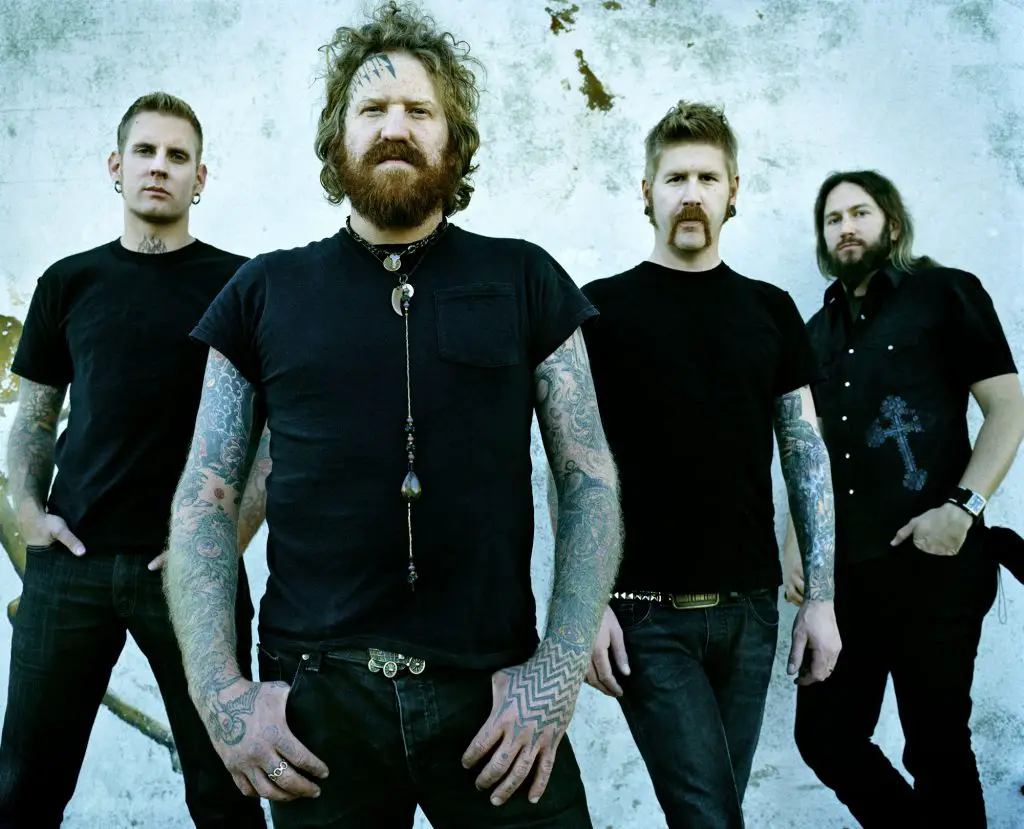
That sounds awfully pretentious of me, I know, but like Iron Maiden these guys draw on mythology, history and literature to create awesome concept albums. Hell, one of their albums—“Blood Mountain”—takes Joseph Campbell’s Hero’s Journey theory and creates a specially crafted fantasy story based on it.
My favorite song, “The Last Baron,” is the culmination of their “Crack the Skye” album. It’s about a young quadriplegic boy’s consciousness that travels back in time to pre-Revolution Russia and meets with Rasputin and….well, you got the idea.
Next time you go surfing on YouTube or you’re looking for something new to listen to on Spotify, considering give these bands a listen. You might just find something that surprises you.














